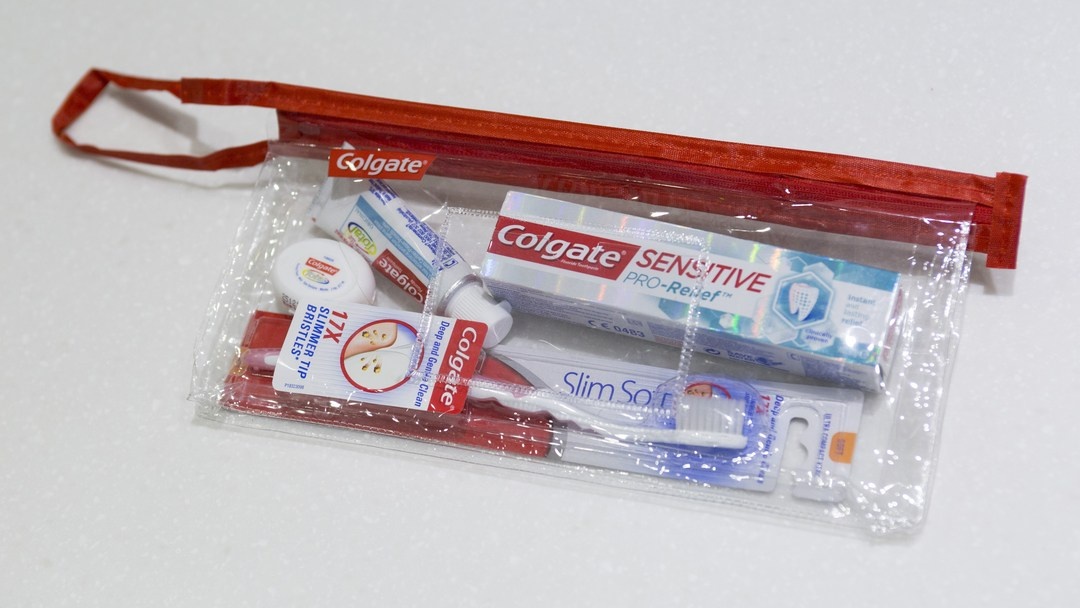- December 2024
- November 2024
- October 2024
- December 2023
- April 2022
- March 2022
- February 2022
- January 2022
- November 2021
- October 2021
- September 2021
- August 2021
- July 2021
- January 2021
- December 2020
- November 2020
- October 2020
- September 2020
- August 2020
- July 2020
- June 2020
- May 2020
- April 2020
- March 2020
- February 2020
- January 2020
- December 2019
- August 2019
- July 2019
- June 2019
- May 2019
- April 2019
- March 2019
- February 2019
- January 2019
- December 2018
- November 2018
- October 2018
- September 2018
- August 2018
- July 2018
- May 2018
- April 2018
- March 2018
- February 2018
- January 2018
- November 2017
- October 2017
- September 2017
- August 2017
- July 2017
- June 2017
- April 2017
- March 2017
- January 2017
- October 2016
- October 2015
- September 2015
- August 2015
The History of Dental Floss
17 August,2018Flossing – it’s a love it or hate it part of your dental hygiene routine. Some floss religiously twice a day, while others might pull the floss back to see blood or discover that from the white ribbon comes a most terrible smell. If you’re part of the latter, you might think – who would come up with such a terrible invention, and do I really need to floss? Dentist on Clarendon has the story on the invention and development of dental floss, and whether it’s really worth your time. Read on to learn more.
Ancient flossing
You might think flossing is a modern invention – but anthropology has discovered that even thousands of years ago our prehistoric ancestors flossed to dislodge food stuck between their teeth. They flossed so hard that markings from their flossing were found on their teeth! Have you ever had a popcorn kernel stuck in your teeth? No doubt there was a prehistoric equivalent that drove the first human to floss (or madness).
The rise of the waxed silk ribbon
So from the prehistoric flossers floss, how did we get to the silky smooth, fragranced floss we’ve got today? Well, in the 1810s, a dentist in New Orleans by the name of Levi Spear Parmly recommended that people floss with a waxed silk thread as part of their dental hygiene routine to prevent lodged foods from becoming stuck and causing disease. From there, the first patent was granted in 1874 to a company called Codman and Shurtleft, for a design that looks much like our modern-day floss boxes. A box of coiled thread with a built-in cutter for easy use. However, it still took another seventy years, and another invention to arise before flossing became commonly used.
The invention of nylon
It wasn’t until after WWII that flossing finally broke through the mainstream barrier, when Charles C. Bass invented nylon. Floss began being made from nylon instead of silk, and the use took off. To this day, floss is still largely made from nylon, and comes made thin, thick, flavoured, on sticks, with finger protectors – you name it.
So, do I need to floss?
Well, yes, flossing is still important for healthy and long-lasting teeth. If you find yourself bleeding, or smelling bad when you floss, it’s not a sign to stop flossing, it’s every sign to keep flossing. These are signs of bacteria build-up, which can lead to deteriorating gums and teeth if left unattended. Bacteria build-up also causes bad breath. So, we say, find the right floss for you and stick to it – your teeth will thank you for it!


